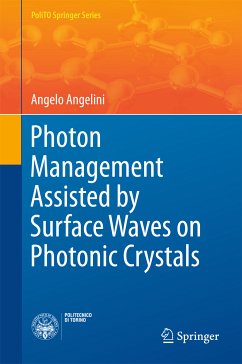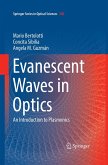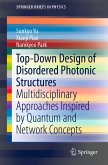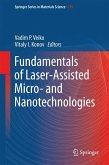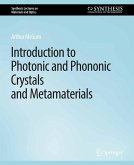This book illustrates original pathways to manipulate light at the nanoscale by means of surface electromagnetic waves (here, Bloch surface waves, BSWs) on planar dielectric multilayers, also known as one-dimensional photonic crystals. This approach is particularly valuable as it represents an effective alternative to the widely exploited surface plasmon paradigm. After a brief overview on the fundamentals of BSWs, several significant applications of BSW-sustaining structures are described. Particular consideration is given to the propagation, guiding, and diffraction of BSW-coupled radiation. Further, the interaction of organic emitters with BSWs on planar and corrugated multilayers is investigated, including fluorescence beaming in free space. To provide greater insight into sensing applications, an illustrative example of fluorescent microarray-based detection is presented. The book is intended for scientists and researchers working on photon management opportunities in fields such as biosensing, optical circuitry, and lighting.
Dieser Download kann aus rechtlichen Gründen nur mit Rechnungsadresse in A, B, BG, CY, CZ, D, DK, EW, E, FIN, F, GR, HR, H, IRL, I, LT, L, LR, M, NL, PL, P, R, S, SLO, SK ausgeliefert werden.

